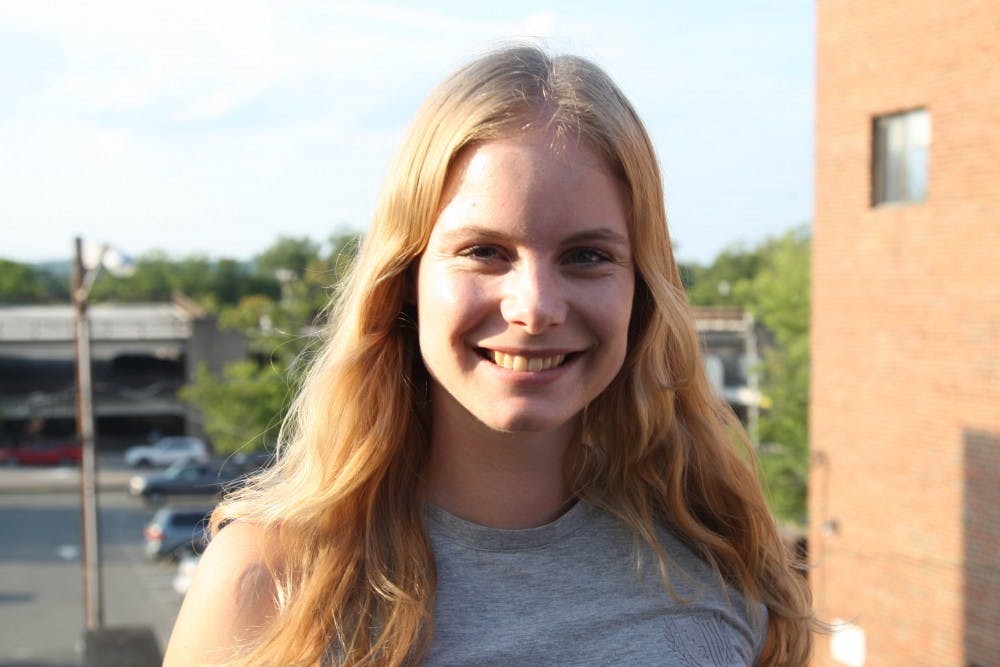Every single problem in the United States of America is due to the state being powerless. Big business prevents universal health care, gun control acts and saving our planet.
This is a reply to the letter by former opinion editor at The Daily Tar Heel, Alec Dent. In response to my column about social democracy, Dent argues that Muslim immigrants in my home country, Denmark, are being discriminated against. I agree with his analysis, and I am ashamed that some of my countrymen supported those policies. I am delighted that some people took their time to read and comment on my column, and I hope that I started a debate.
However, I am disappointed in the focus of the feedback to my column. The critique is centered on who has the worst immigration policies or, as the commenters put it, who helped whom in World War II. It became a nationalistic debate about which country is the best instead of a debate about welfare states; the Social Democratic versus the Liberal.
That was not the intention of my writing, because that is not a very productive discussion, and it does not matter. Denmark is by no means a perfect utopia — we face challenges and political disagreements like any other country. But I do believe that Scandinavia can be a source of inspiration as to how other states can increase the quality of life of its citizens. Dent did conclude his letter with a warning about the possible tyranny of the powerful state, which I think is the wrong focus in this debate.
The benefits of the universal welfare state, which has existed for a long time, should not be overshadowed by the cruel immigration policies that the former government introduced during a four-year period.
Many of those policies were made as symbolic gestures and have little or no practical effect. Though, regrettably, the burqa ban led 22 people to be charged (not all convicted), and the police seized valuables from illegal asylum seekers ten times. The Lindholm Island Project has also been canceled.
That does not excuse any of the policies that were, admittedly, put in place to make Muslims feel unwelcome. But saying they live entirely different lives is an overstatement. The policies were a way to please the desperate voters that were convinced they were being invaded by asylum seekers, partially because of fake news. Sound familiar?
Many Western countries have seen the rise of right-wing, anti-immigrant populist parties in the last couple years. I don’t hold the entire political system in the U.S. responsible for the actions of Donald Trump, nor should the Danish system be liable to the actions of one party. The good news is that this year we voted out the government that introduced all of those discriminatory policies. I suggest that you do the same.
Some of the comments did focus on whether a social democratic system could work in the U.S. The main argument against it being that America is too diverse. I believe that this is a simplification of the issue, and also a bad excuse for not trying to do better. It is not necessarily homogeneity, but social cohesion that creates a society where people want to support each other. This is also exactly the reason why the Danish government forces immigrants to send their children to day care. We want to avoid parallel societies because it ruins the social cohesion in the country if we do not meet each other — without which the welfare state would not survive long.




